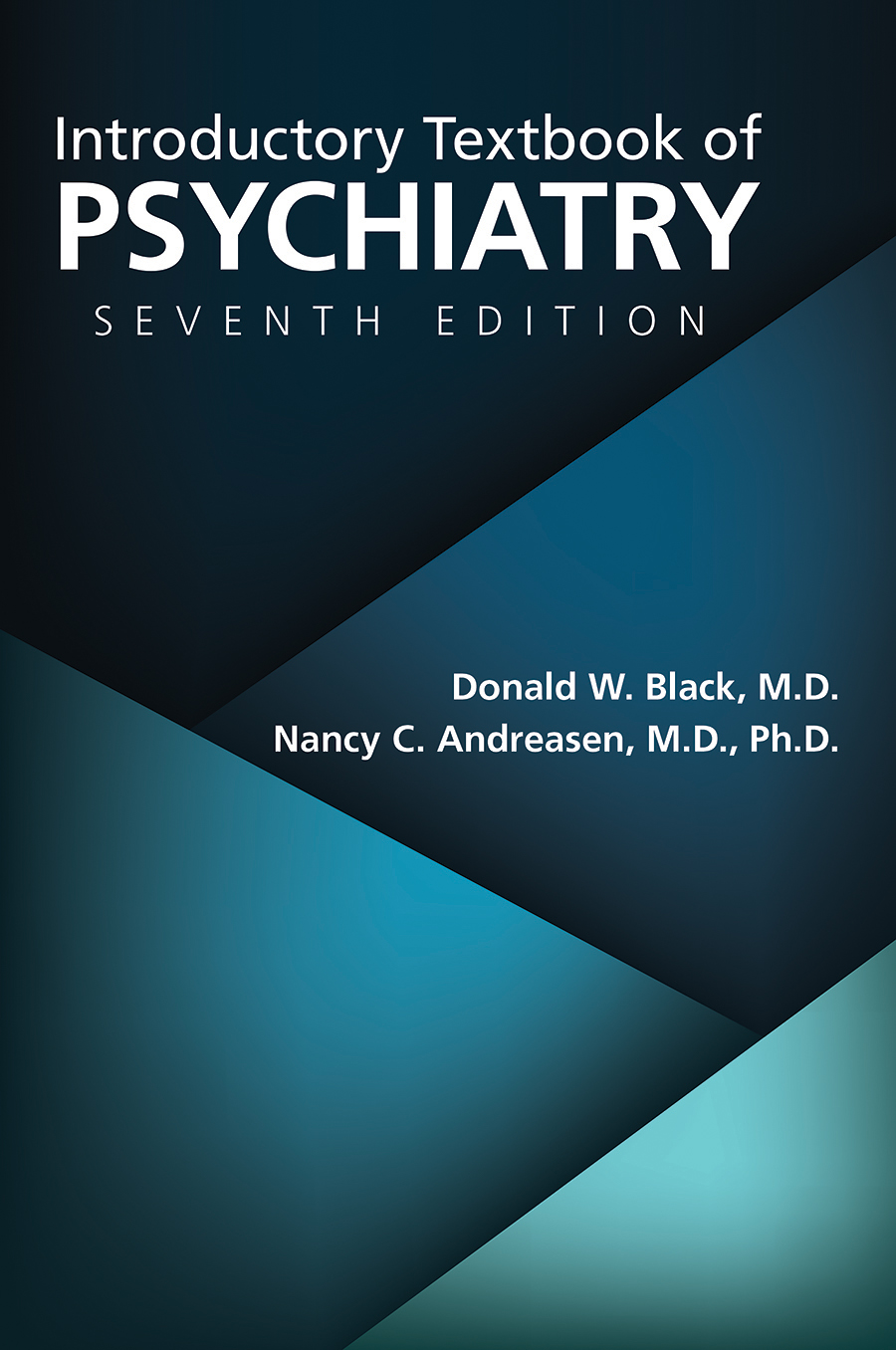Chapter 21.Somatic Treatments
Sections
Excerpt
The modern era in psychiatric treatment began with the introduction of electroconvulsive therapy (ECT) in the late 1930s, chlorpromazine and tricyclic antidepressants in the 1950s, benzodiazepines and stimulants in the 1960s, and lithium in 1970. More recently, these treatments were joined by the selective serotonin reuptake inhibitor (SSRI) antidepressants and the second-generation antipsychotics (SGAs). Effective medications have revolutionized the practice of psychiatry and have been instrumental in helping to alleviate suffering and improve the lives of millions.
Access content
To read the fulltext, please use one of the options below to sign in or purchase access.- Personal login
- Institutional Login
- Sign in via OpenAthens
- Register for access
-
Please login/register if you wish to pair your device and check access availability.
Not a subscriber?
PsychiatryOnline subscription options offer access to the DSM-5 library, books, journals, CME, and patient resources. This all-in-one virtual library provides psychiatrists and mental health professionals with key resources for diagnosis, treatment, research, and professional development.
Need more help? PsychiatryOnline Customer Service may be reached by emailing [email protected] or by calling 800-368-5777 (in the U.S.) or 703-907-7322 (outside the U.S.).



